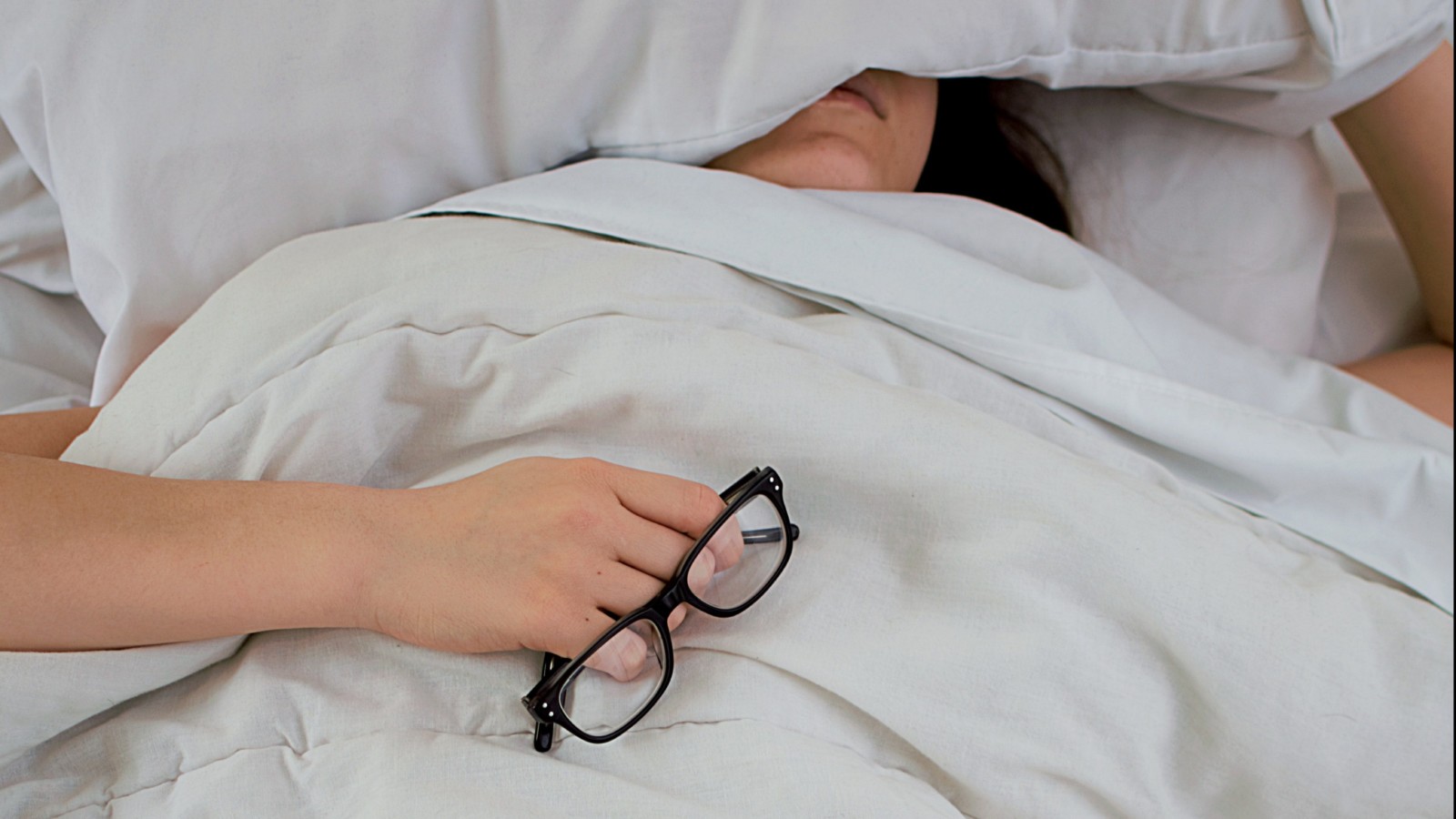Sleep is the cornerstone of maintaining physical and emotional health — but also success.
Getting enough sleep has always been an essential foundation of human health. It allows us to recharge, focus and prepare for the day ahead. It’s well-documented that getting an average of seven to nine hours of shut-eye each night has a handful of benefits. Chief among them are a healthy immune system, better brain functioning and maintaining an overall high quality of life.
As we navigate new safety measures during a global pandemic, regular and sufficient sleep routines can help us remain healthy and ward off diseases. However, The Centers for Disease Control and Prevention (CDC) report that 1 in 3 American adults don’t get enough sleep.
The following steps can help eliminate poor sleep and result in reduced anxiety and stress to get you back on track to tackle the day.
Prep your Sleep Environment
A comfortable sleep environment is one of the most important factors in achieving a restful night’s sleep. About two to three hours before you tuck yourself in, three critical adjustments can prep your room for optimal comfort:
Temperature: I start by setting the temperature in my bedroom to 65F degrees. Naturally, your body lowers its core temperature while you sleep. Higher-temperatures increase the chances that your body will try to cool itself down by sweating. Ultimately, lowering the temperature by a small amount can make sleeping much more comfortable.
Humidity: Purchasing a humidifier does wonders for breathing, especially while you sleep. Often, the air inside our homes can get dry, which can irritate the nasal passages and lead to symptoms like congestion, irritated throats, and even dry skin. Humidifier’s are proven to keep moisture in our bodies and potentially decrease the likelihood of getting viruses.
Light levels: Next, get rid of all external light sources. Scientific research shows that even small sources of light can make it difficult to fall and stay asleep. I suggest purchasing blackout shades in your bedroom to counteract any light from getting in. As you wind down for the night, dimming the lights can help increase your melatonin levels, so they’re at their highest point when you get in bed. Melatonin is a sleepiness hormone that releases when it’s dark and is part of your natural circadian rhythm.
Take Care of your Overall Health
Setting up a regular nighttime routine for your overall health not only provides self-care, it helps prepare you for a full night’s sleep. Get into the habit of brushing your teeth and sticking to a skincare routine before bed as an essential part of the self-care process. Your oral health is directly related to the health of the rest of your body. Evidence shows that those with poor dental health also have poor cardiovascular outcomes, which can negatively impact your nighttime sleep. Knowing that you’ve cleaned and taken care of your health will help put you at ease before bed.
Lower your Anxiety Before Bedtime
Proper rest requires letting go of our anxiety, especially the stress that has built up throughout the day. There are a handful of scientifically-lauded ways to help create a sense of calm before bedtime.
Avoid Caffeine: Avoid caffeine before you go to bed. Even if you’re able to fall asleep after drinking products with caffeine, like green tea, remember that it will interrupt the stages of your sleep. Caffeine may or may not affect sleep quantity, but it does affect sleep quality and you’ll wake up feeling like you didn’t achieve a refreshing night’s sleep. Instead, choose a caffeine-free herbal tea like chamomile.
To-Do List: Create a to-do list for the following day. The last thing you want to do is get into bed and think about all the responsibilities you need to complete the next day. Listing it out on paper will help you get it out of your mind.
The Three Good Things: This is the step I’m most excited about! A good detox from the day’s challenges means getting rid of anxiety. Every night before you sleep, write down three good things that happened to you that day, including a brief reason as to why. For example, one good thing can be as simple as someone holding the door for you in the grocery store. This process is meant to decrease anxiety and depressive symptoms for up to six months.
The purpose of this is to retrain our brains, let go of any stress and focus on the positive aspects of life. It can be a game-changer and it’s effectiveness has been researched in medical psychiatric journals.
Eliminate Electronics
While it may be difficult to eliminate electronics right before you go to bed, evidence shows it might be a crucial step to helping you overcome restless nights. According to Harvard Medical School, blue light from your phone and tablet can disrupt the body’s circadian rhythms and trick our brains into thinking they should stay active.
Turn off your devices 30 minutes to an hour before you go to bed. This is the perfect time to schedule out that journaling or self-care routine I talked about above. If you need to leave your phone on, consider turning it to “Do Not Disturb” where only emergency calls can get through. Although disconnecting may feel strange at first, it can help the body wind down without any digital distractions — and hinder an opportunity to “doomscroll” through the news or social media pictures of your ex.
Sticking to these tips will not only give you some relaxation and better sleep, it will also ultimately give your mind and body the resiliency to carry on with a better day. Plus, you pick up some awesome habits in the process. Happy sleeping!


